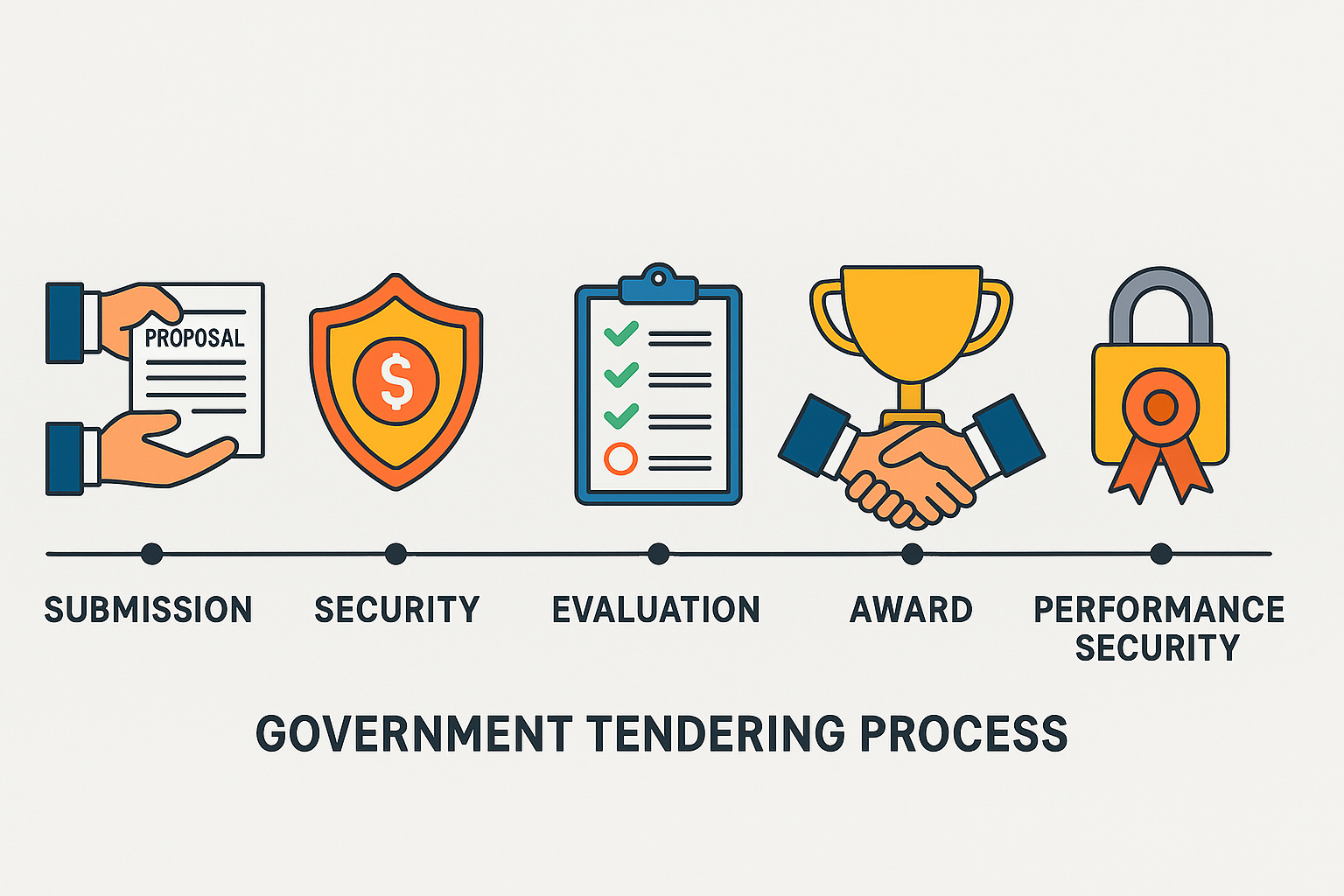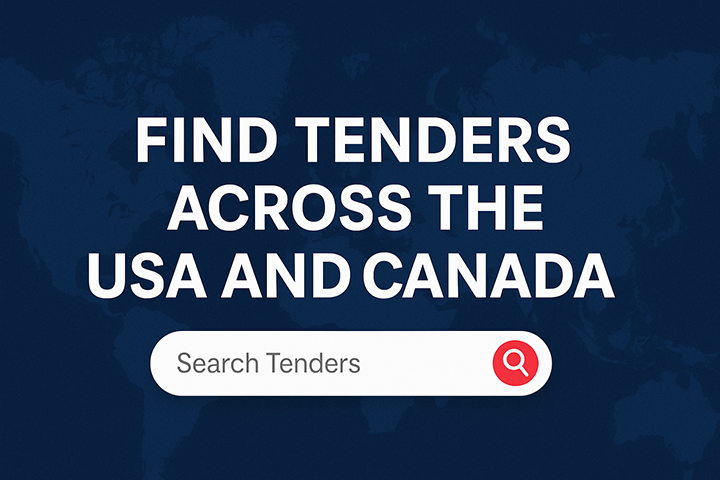

As a business owner, you’re always looking for ways to grow and scale. One of the most powerful yet often overlooked opportunities lies in government tenders. With governments across North America spending trillions annually on projects ranging from infrastructure to healthcare, winning a contract can transform your business.
But here’s the reality: landing these contracts is highly competitive. Dozens, sometimes hundreds, of bidders compete for the same opportunities. The good news? With the right knowledge and strategy, you can position your business to stand out and secure that life-changing contract.
This guide will walk you through the essentials of the tendering process, different types of tenders, and practical tips to maximize your chances of success.
A government tender is a formal process where agencies advertise opportunities for businesses to supply goods or services. Each tender outlines the scope of work, requirements, and terms successful bidders must follow.
Before you begin, it’s important to understand the main types of tenders:
Once you’ve found a tender that aligns with your expertise, here’s what to expect:
Prepare a clear, compelling proposal that highlights your capabilities, track record, and how you’ll deliver the project successfully.
Most governments require a bid bond or bank guarantee to prove you’re serious and capable of fulfilling the contract.
Your proposal will be assessed against technical requirements, compliance, and cost. The winning bid is not always the cheapest, it’s the one that offers the best overall value.
If awarded the contract, you’ll provide a performance bond as a guarantee your business will deliver according to contract terms.
Breaking into the tender market takes strategy and persistence. Here are proven tips to help you succeed:
Winning a government tender isn’t easy—it requires preparation, persistence, and a clear strategy. But once you break in, the rewards can be game-changing: steady revenue, credibility, and long-term growth.
The key is simple: understand the process, submit strong proposals, and deliver on your promises.
👉 Are you ready to claim your share of North America’s lucrative government tender market? Contact us today to learn how we can help you register, prepare, and win your next government contract.


John R. Mitchell is a content writer and procurement specialist at PCANA-GOV. With a background in public sector contracts and business development, he writes to help companies navigate and succeed in the tendering process across the USA and Canada.





